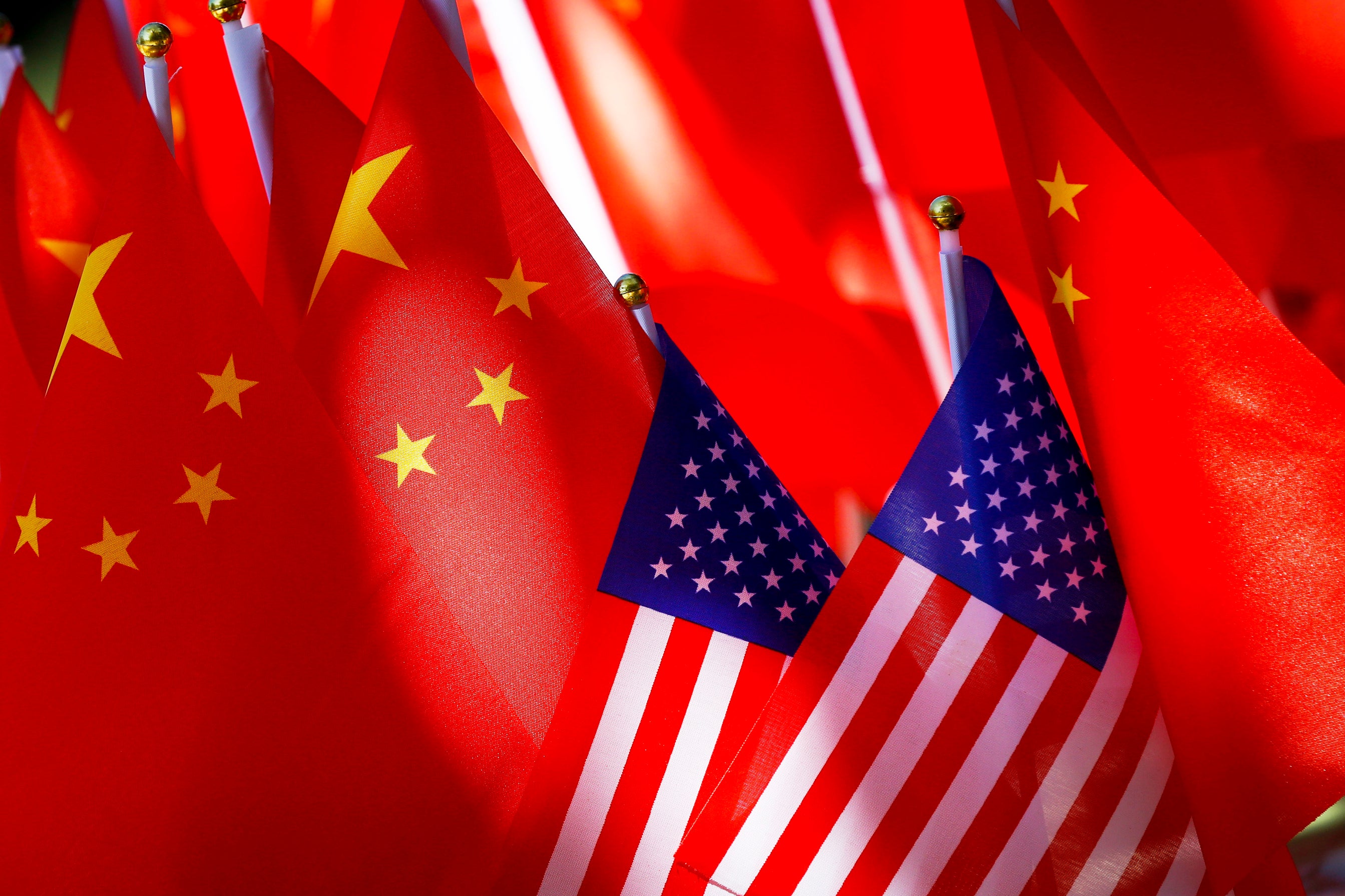US expands list of Chinese technology companies under export controls
The U.S. Commerce Department has expanded the list of Chinese technology companies subject to export controls to include many that make equipment used to make computer chips

The U.S. Commerce Department has expanded the list of Chinese technology companies subject to export controls to include many that make equipment used to make computer chips, chipmaking tools and software.
The 140 companies newly included in the so-called “entity list” are nearly all based in China. But some are Chinese-owned businesses in Japan, South Korea and Singapore.
The revised rules were posted Monday on the website of the U.S. Federal Register for publication later this week. They also limit exports of high-bandwidth memory chips to China. Such chips are needed to process massive amounts of data in advanced applications such as artificial intelligence.
China’s Commerce Ministry protested and said it would act to protect its “rights and interests,” without giving any details.
“This is a typical act of economic coercion and non-market practice,” the ministry said in a statement.
Commerce Secretary Gina Raimondo said the move was intended to impair China's ability to use advanced technologies that “pose a risk to our national security.”
The addition of the companies to the “entity list” means that export licenses will likely be denied for any U.S. company trying to do business with them.
Washington has been gradually expanding the number of companies affected by such export controls, as the administration of President Joe Biden has encouraged an expansion of investments in and manufacturing of semiconductors in the U.S.
“The purpose of these Entity List actions is to stop PRC (Chinese) companies from leveraging U.S. technology to indigenously produce advanced semiconductors,” Matthew S. Axelrod, the assistant secretary for export enforcement, said in a statement. “By adding key semiconductor fabrication facilities, equipment manufacturers, and investment companies to the Entity List, we are directly impeding the PRC’s military modernization, WMD (weapons of mass destruction) programs, and ability to repress human rights.”
China has accused the U.S. of pursuing “technology hegemony,” as Washington steps up pressure on Chinese tech giant Huawei and other Chinese manufacturers of advanced technology by blocking access to American suppliers.
It particularly objects to what it calls “long-arm jurisdiction” moves such as the U.S. decision to extend export controls to companies to apply to chip-making equipment makers in South Korea, Taiwan and Singapore if they use any U.S. technology that might be sold to China.
Pressure from Washington has spurred China to step up its efforts to develop its own advanced computer chips and other technologies, providing billions in subsidies and investments for the industry. Chinese manufacturers have made quick progress even though they remain years behind in some areas.
Shares in Japanese computer chip makers and makers of related equipment surged Tuesday, with testing equipment maker Advantest surging 4.6%, Tokyo Electron gaining 4.6% and Applied Materials up 4.9%. Disco Corp., another chipmaker, jumped 6.9%, while the Tokyo benchmark Nikkei 225 stock index gained 2.3%.
Meanwhile, China's Naura Technology Group, whose companies were included in the new list, fell 3% and Piotech Inc., another chipmaker, lost 5.3%.